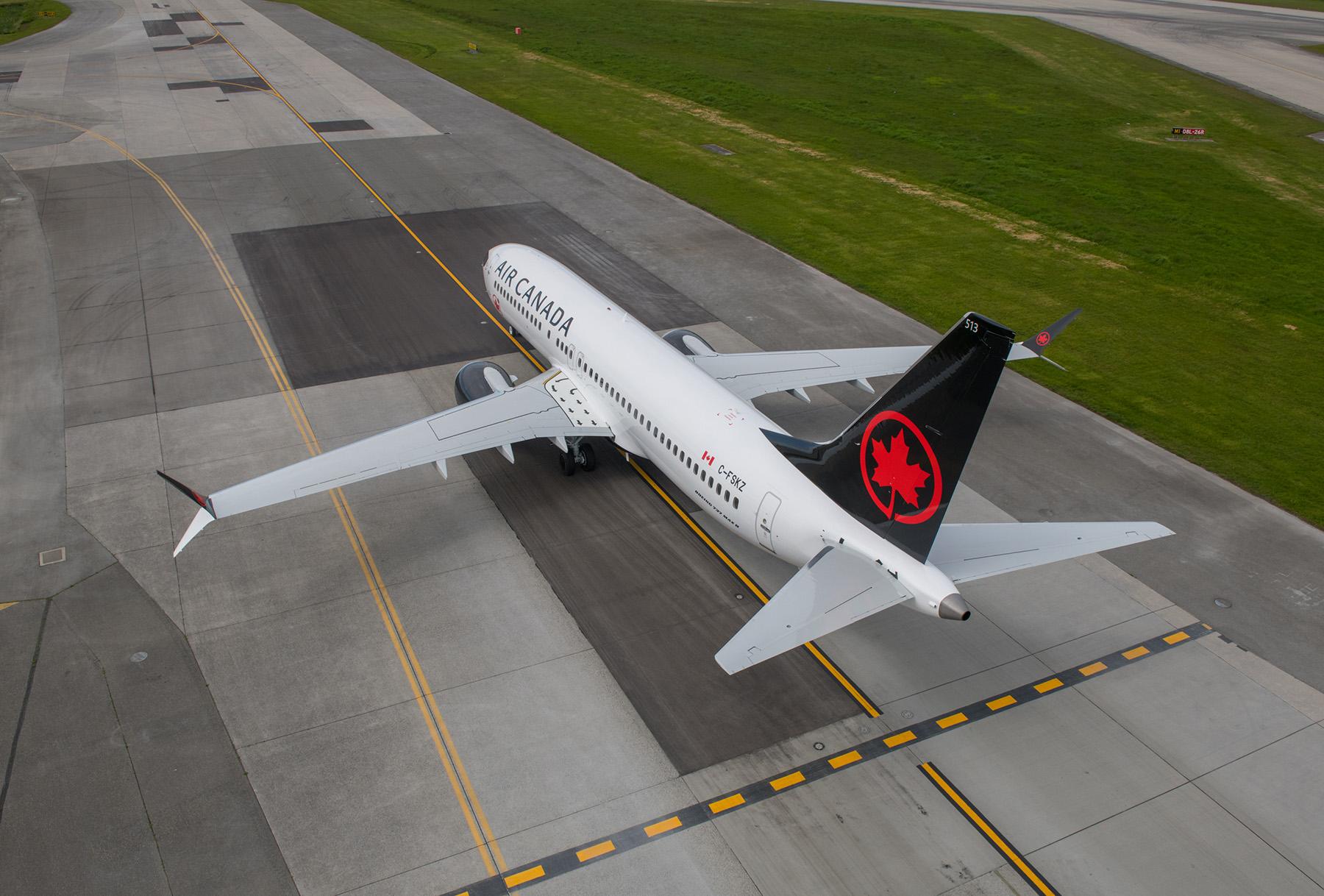Air Canada Remains Confident As Domestic Competition Reaches All-Time High

ISTANBUL—Canada’s largest airline, Air Canada, admits the surge in domestic competitors is at a historical high, but the carrier believes connectivity at its hubs serves as an effective shield against low-cost upstarts.
During the last few years, WestJet has introduced its ultra-low cost subsidiary Swoop, ULCC Flair Airlines has continued to grow, and Lynx Air made its debut in April 2022. Indigo Partners, a private equity firm specializing in ULCCs, has a stake in Lynx.
“There’s no doubt we are going through an intense cycle of competition in Canada,” Air Canada EVP of revenue and network planning Mark Galardo told Aviation Daily at the IATA AGM in Istanbul, Turkey. “We’ve always had competition, new entrants, but to see it all build up at once” is something he has not seen in his nearly 20-year career at the airline.
Galardo explained it is difficult for the ultra-low model to succeed in Canada “on the basis that we’ve got this huge country and the population is basically all by the US border in certain pockets, so you’re trying to cover a lot of geography with not a lot of population.”
A second major issue is “Canada is a high-cost jurisdiction for air travel and operators,” he said, which is a barrier to the success of the ultra-low cost model.
Galardo believes Air Canada’s network diversification as an international carrier and the strength of the connecting platforms at its three hubs – Montreal, Toronto and Vancouver – “makes us less vulnerable to this type of competition.”
But with Canada’s population recently reaching 40 million and continuing to grow, “there is no doubt in my opinion there is going to be a competitor that is going to emerge and have long-term success as a third player in the country. The question is to what extent.”
Rival Porter Airlines is also deploying its Embraer E195-E2 jets from Toronto Pearson International Airport, said Galardo. Porter operates the jets from the airport to Vancouver, Edmonton, Montreal, Halifax, Calgary and Ottawa.
Galardo said the E-Jets are “high unit cost aircraft, there is no doubt they [Porter] will need to convert a certain part of our clientele to them, so it makes for a very interesting dynamic.”





